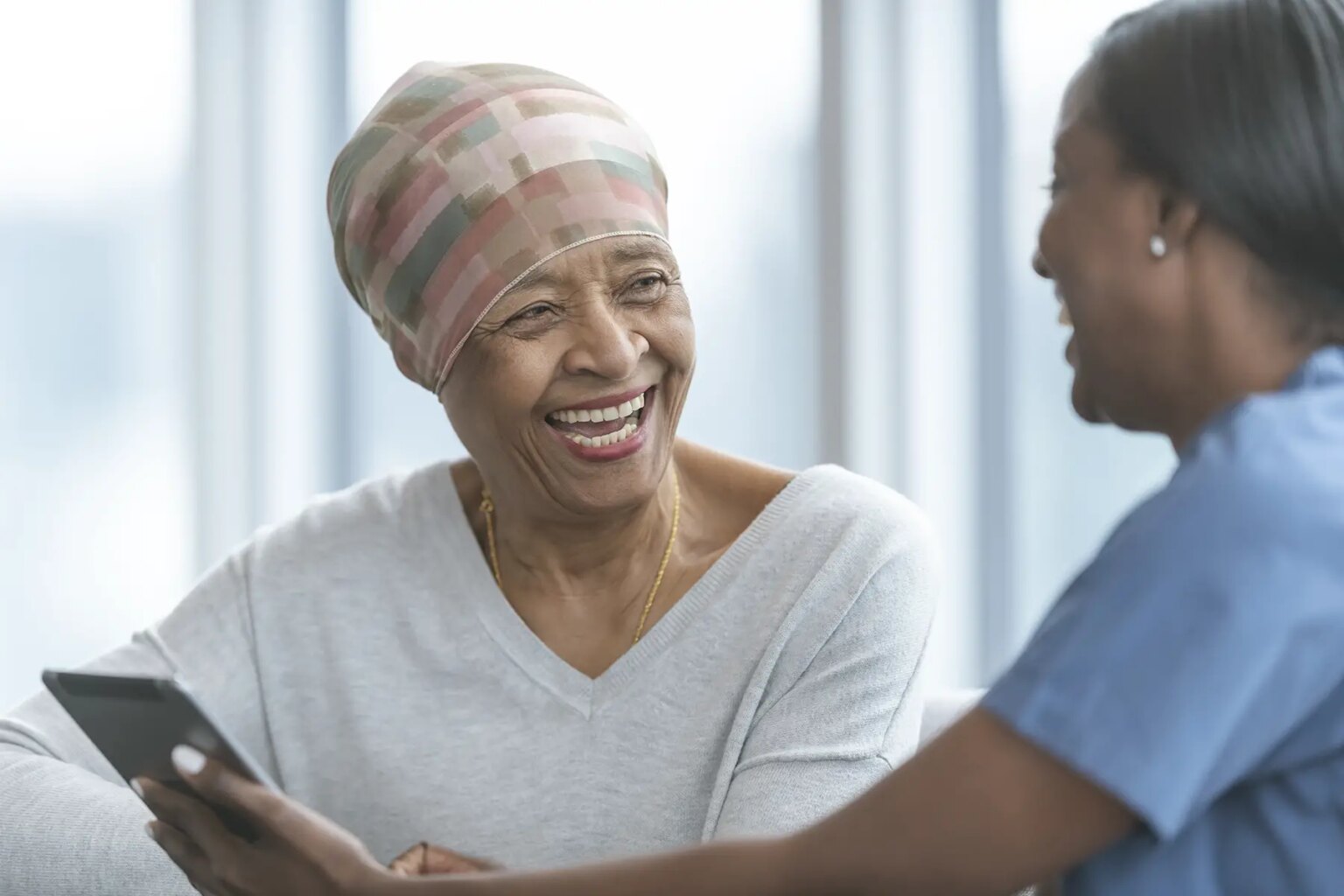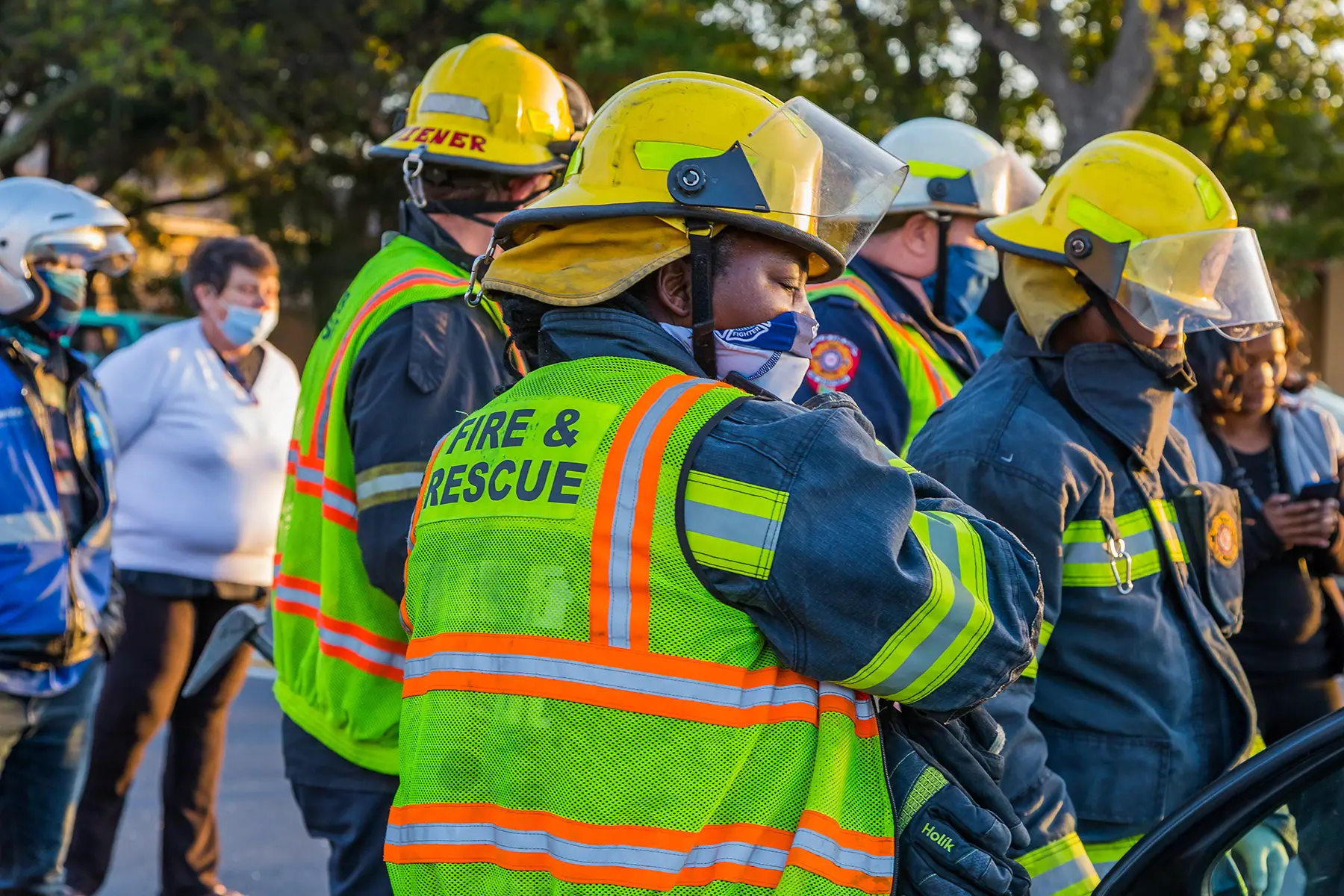South Africa has a unique dual healthcare system that features both public and private sectors. Although the public system has many issues, anyone can access it. However, most international residents take out health insurance to afford medical services in the private sector. This is because it generally offers better-quality care. In both sectors, you can access a range of services, including general practitioners (GPs), vaccinations, pediatric care, and dentistry.
Learn more about women’s healthcare in South Africa by reading the following:
- Women’s health in South Africa
- Accessing women’s healthcare services in South Africa
- Insurance for women’s healthcare in South Africa
- Gynecologists in South Africa
- Women’s contraception in South Africa
- Maternity care services in South Africa
- Breastfeeding
- Fertility treatments in South Africa
- Abortion in South Africa
- Menopause in South Africa
- Cancer screenings in South Africa
- Sexual health in South Africa
- Availability and cost of feminine hygiene products
- Women’s clinics and health centers
- Women’s mental health services in South Africa
- Services dealing with abuse and violence against women
- Useful resources
Cigna Global
Want access to the best private medical services in South Africa? Speak to the healthcare professionals at Cigna Global today and find a policy that’s right for you. Take advantage of their global network of doctors, specialists, therapists and more with coverage tailor-made for you and your family. If you’re starting a new life in South Africa, get peace of mind with Cigna Global.
Women’s health in South Africa
While women’s healthcare is generally available in South Africa, services are of higher quality in private than in the public sector. As such, it can be expensive to access. Because of this, many international women purchase private insurance policies to cover visits to the gynecologist and maternity costs. In addition, public healthcare services are limited outside the major cities and can involve long waiting times and fewer treatment options.
Still, if you can afford it or have health insurance, you can usually access high-quality women’s healthcare services in the country’s private clinics, such as routine screenings (breast exams and pap smears) and maternity care. Feminine hygiene products, condoms, and other contraceptive methods are widely available in supermarkets or pharmacies, but not everyone can afford these products.
Accessing women’s healthcare services in South Africa
Because South Africa has a two-tier healthcare system with a private and public sector, medical services are generally available to anyone residing in the country. This applies to women’s healthcare services, too. However, most expats will have insurance and use private healthcare services.
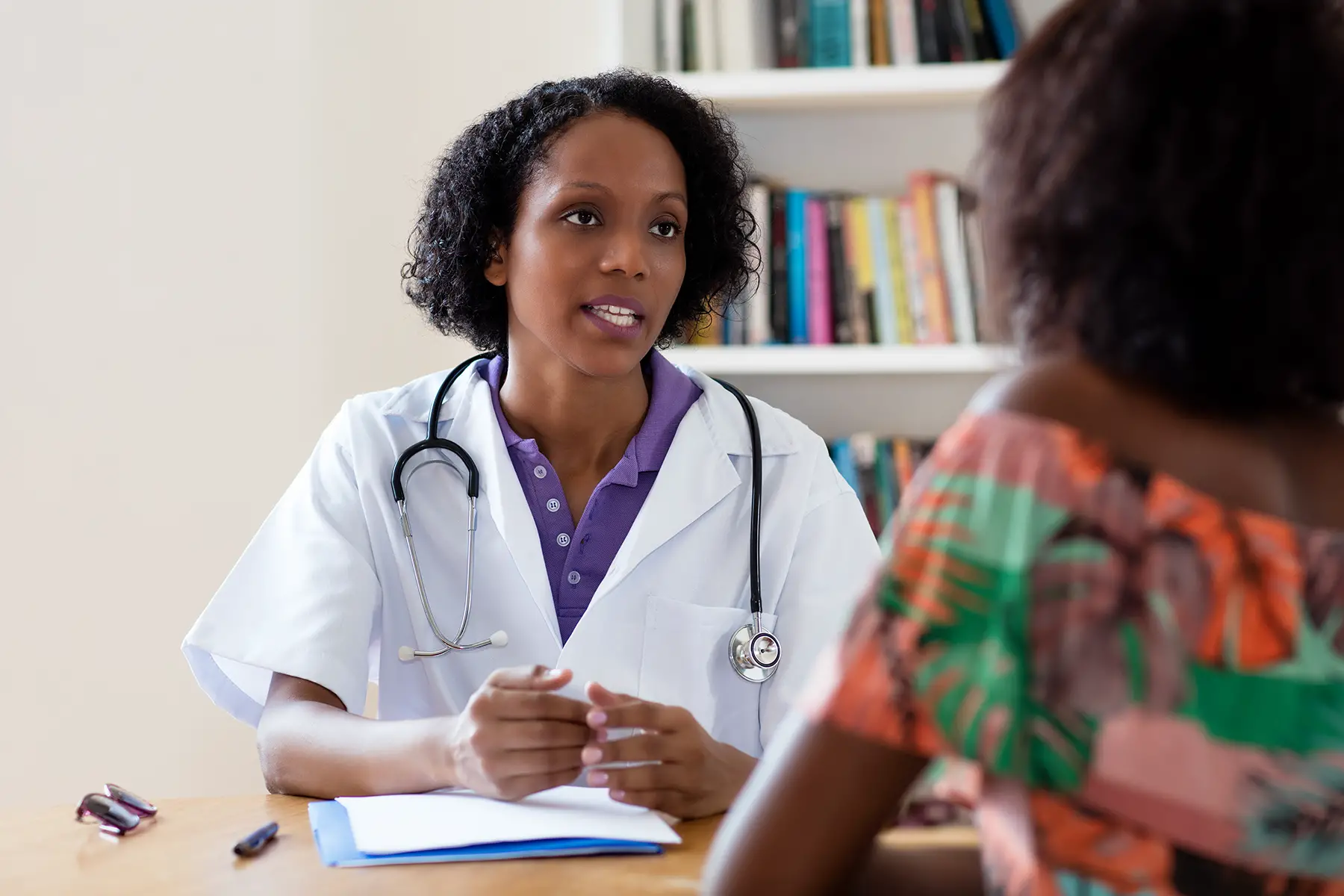
In general, if you need to access a gynecologist while in South Africa, you will need to see one covered by your insurance. You will also likely need a referral from your GP. However, if you can bear the costs yourself, you can use your preferred gynecologist by making an appointment directly.
Insurance for women’s healthcare in South Africa
Although South Africa’s public health system offers options for women’s healthcare, many women find themselves relying on private healthcare. This is generally because of the better-quality services and shorter wait times offered by South Africa’s private healthcare sector.
Your private health insurance will typically cover several visits to the gynecologist and basic screenings such as pap smears. Top-tier coverage will also cover treatments for ovarian cysts, fibroids, endometriosis, and procedures such as hysterectomies. If you have had your insurance policy for a while, it may offer maternity benefits for pregnancy and postnatal care.
Whether you go public or private, you will have to chip in for your medical bills. Although significant coverage is offered in the public sector, you still need to make a co-payment. You will have to bear the entire cost yourself in the private sector unless you have insurance. If covered, you will only have to pay the amount not reimbursed by your policy. In South Africa, you can contact these reputable health insurance providers to discuss a policy best suited to your needs:
Gynecologists in South Africa
Gynecologists can offer services to help women with reproductive issues, periods, and sexual health. Some may provide general care, while others specialize in fertility problems. You can access women’s healthcare in hospitals, public medical centers, private clinics, and doctors’ offices.
In the public sector, you will usually need a GP referral before seeing a gynecologist. Follow-up appointments should be made directly with their office, though. Those using private clinics can make an appointment directly. However, you may need to use a network doctor or get a referral from your GP if you have private health insurance.
Women’s contraception in South Africa
Women’s healthcare in South Africa includes reasonably easy access to many contraceptive options. Although there is still a lack of information about contraceptives, a 2017 study showed that 89.9% of women knew about oral contraception and that 41.8% used non-barrier methods. Some options, including emergency contraception (i.e., the morning after pill), are available over the counter at pharmacies. But others, such as the pill, require a doctor’s prescription. Women can also opt for other methods, such as IUDs and contraceptive patches, available through doctors.
Maternity care services in South Africa
As in most countries, South Africa has a full range of maternity care services available – though you may have to pay out of pocket for some of them. Like other medical services in the country, maternity care can be private or public. However, private maternity services can be expensive. Either way, you will usually have one specialist providing care during your pregnancy and the postpartum period.
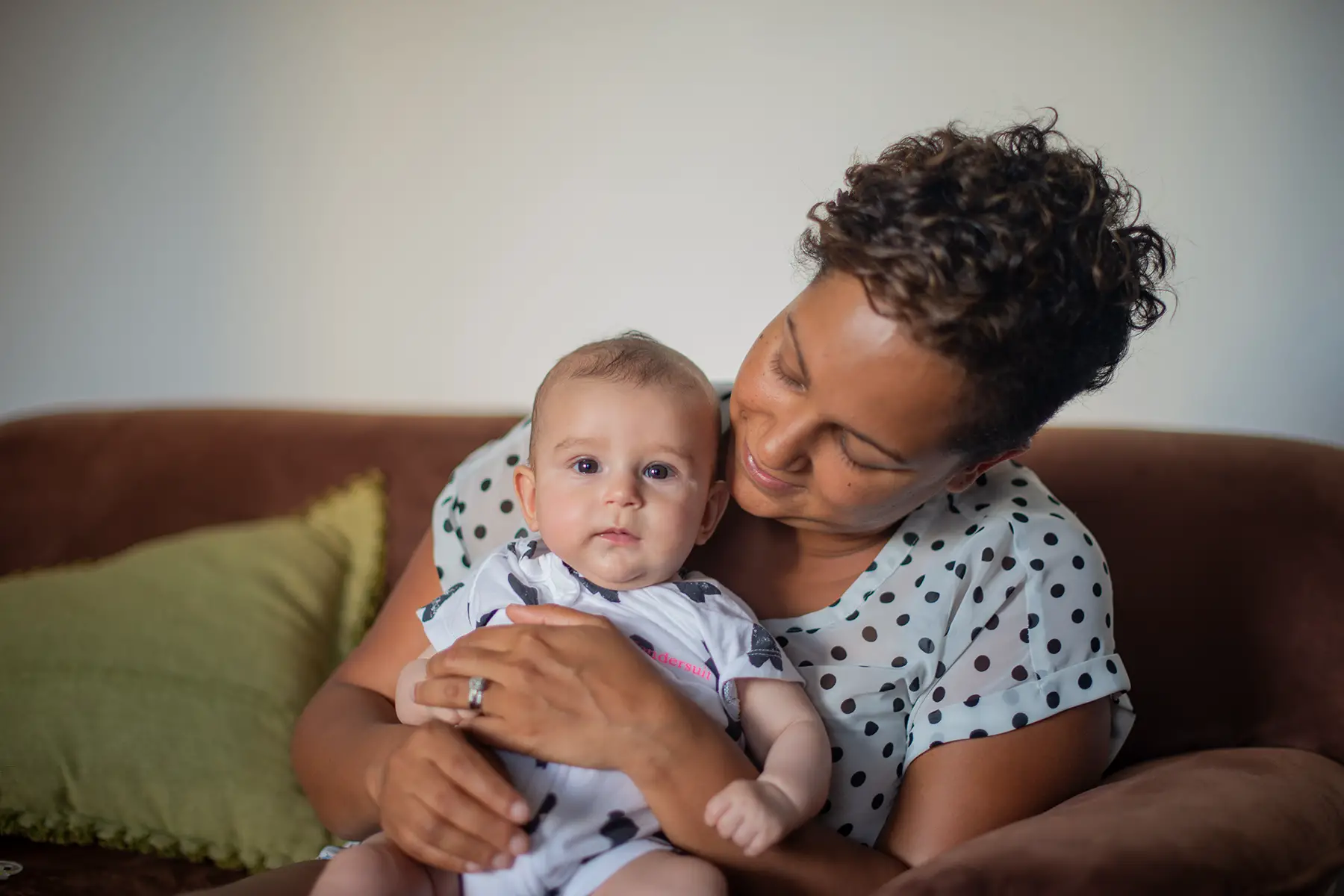
You will receive regular scans and ultrasounds during pregnancy, usually after the eighth week. In South Africa, pregnant women will also get a tetanus toxoid (TT) vaccine. It is also worth noting that the country has a high rate of cesarean sections (C-sections). Some insurance will cover pregnancies and deliveries to an extent. Other full-service policies will also cover the whole range of maternity care services, so deciding what you need when picking a policy is important. In addition, it is possible to access a range of services, such as antenatal classes and breastfeeding specialists.
Breastfeeding
Although there has been a push to normalize breastfeeding in South Africa, it is still not especially common. For example, only 11.2% of babies were exclusively breastfed in their first month in 2013; in 2016, that figure increased to 44%. One study has shown that this is primarily due to the stress, challenging home environments, and poverty that many mothers endure, as well as a lack of knowledge and support. Another study also attributed a fear of HIV mother-to-child transmission (MTCT) to the lack of exclusive breastfeeding (EBF) beyond three months, even though the World Health Organization (WHO) has promoted safe breastfeeding practices for HIV-positive mothers since 2006. But, where these issues are less prevalent, breastfeeding is far more common.
Fertility treatments in South Africa
With fertility treatments becoming more common and accessible across the world, women’s healthcare in South Africa increasingly includes these options. Many clinics in the country offer a full range of fertility treatments, though these are usually offered at private clinics and not covered by insurance. Still, it is possible to access treatments such as IVF, egg-freezing, donors, and artificial insemination.
Of course, these treatments come at a great expense, as they do in most other countries. For example, egg-freezing costs R40,000 to R50,000 for the initial cycle and retrieval, while IVF costs R56,000 to R66,000 per cycle.
Abortion in South Africa
Abortion laws in South Africa
In South Africa, abortion has been legal since 1996, after the enactment of the Choice in Termination of Pregnancy Act. This was a significant shift for women’s healthcare in the country, as it allowed women to access abortion for any reason up to the 13th week of pregnancy. In addition, any woman can access the procedure regardless of age or relationship status. However, women under the age of 18 are advised to speak to their parents first, while those in relationships are encouraged to talk to their partners.
Getting an abortion in South Africa
Abortions in South Africa are legal up to the 13th week of pregnancy. Specific conditions apply to women who require a termination between 13 to 20 weeks, while those more than 20 weeks pregnant can only end a pregnancy if there is a danger to her life or if the fetus is not viable. It is possible to access abortions in government hospitals without any cost.
That being said, women who can afford to do so generally prefer to go to a private clinic for termination. Many women-focused centers offer the service, and some provide virtual consultations. If a medical abortion is appropriate, a woman can also request home delivery of the required medication to terminate a pregnancy. Of course, going private means that women have to pay for an abortion themselves.
Menopause in South Africa
It’s a good idea to visit your gynecologist when dealing with menopause in South Africa. However, if you are using public healthcare or private health insurance, you may need to see your GP for a referral first.

Initially, your gynecologist will probably recommend natural treatments for menopause. This may include adopting a healthier lifestyle by reducing stress, practicing mindfulness, limiting smoking and alcohol, and exercising more. They might also suggest making dietary changes and prescribe supplements and vitamins.
Although hot flashes are a common symptom of menopause, treatment is usually only offered if it interferes with your quality of life. In this case, you will likely undergo hormone replacement therapy.
Cancer screenings in South Africa
Women’s healthcare in South Africa includes several cancer screening programs, though not all are state initiatives. For example, the Cancer Association of South Africa (CANSA) offers screenings at its centers throughout the country.
Cervical cancer is the second-most common cancer among women in South Africa. As such, the country has established prevention and screening programs. For example, since 2014, the government has run a program offering HPV vaccines to teenage girls through schools as it can provide protection against cervical cancer. In addition, GPs advocate for annual pap smears up to 30 and every three years after that to ensure early detection of potential abnormalities or pre-cancerous cells. Currently, the South African government only provides free tests every ten years to women over 30.
In 2019, the annual number of breast cancer diagnoses was 14,097, with 4,697 deaths. Therefore, the prevention and screening programs for breast cancer are crucial. For example, CANSA recommends yearly screenings for women between 40 and 54 and biannual mammograms for women over 55. In addition, several non-governmental organizations focus on raising awareness and supporting breast cancer prevention, including the Pink Ribbon campaign. Among their educational outreach efforts, Pink Ribbon also runs the 1+1 Support Program. For every screening, a patient can nominate another woman who does not have medical aid for a free mammogram at their screening center.
Sexual health in South Africa
Women’s healthcare in South Africa covers different aspects of sexual health. This may include contraception, sexually transmitted illnesses and diseases (STIs/STDs), pregnancy, and fertility issues.
Availability and cost of feminine hygiene products
Women’s healthcare in South Africa includes access to various feminine hygiene products. These include pads, tampons, and menstrual cups, generally available in supermarkets and pharmacies. Women can expect to pay R130 to R300 for cups, R18 to R70 for pads, and R10 to R100 for tampons.
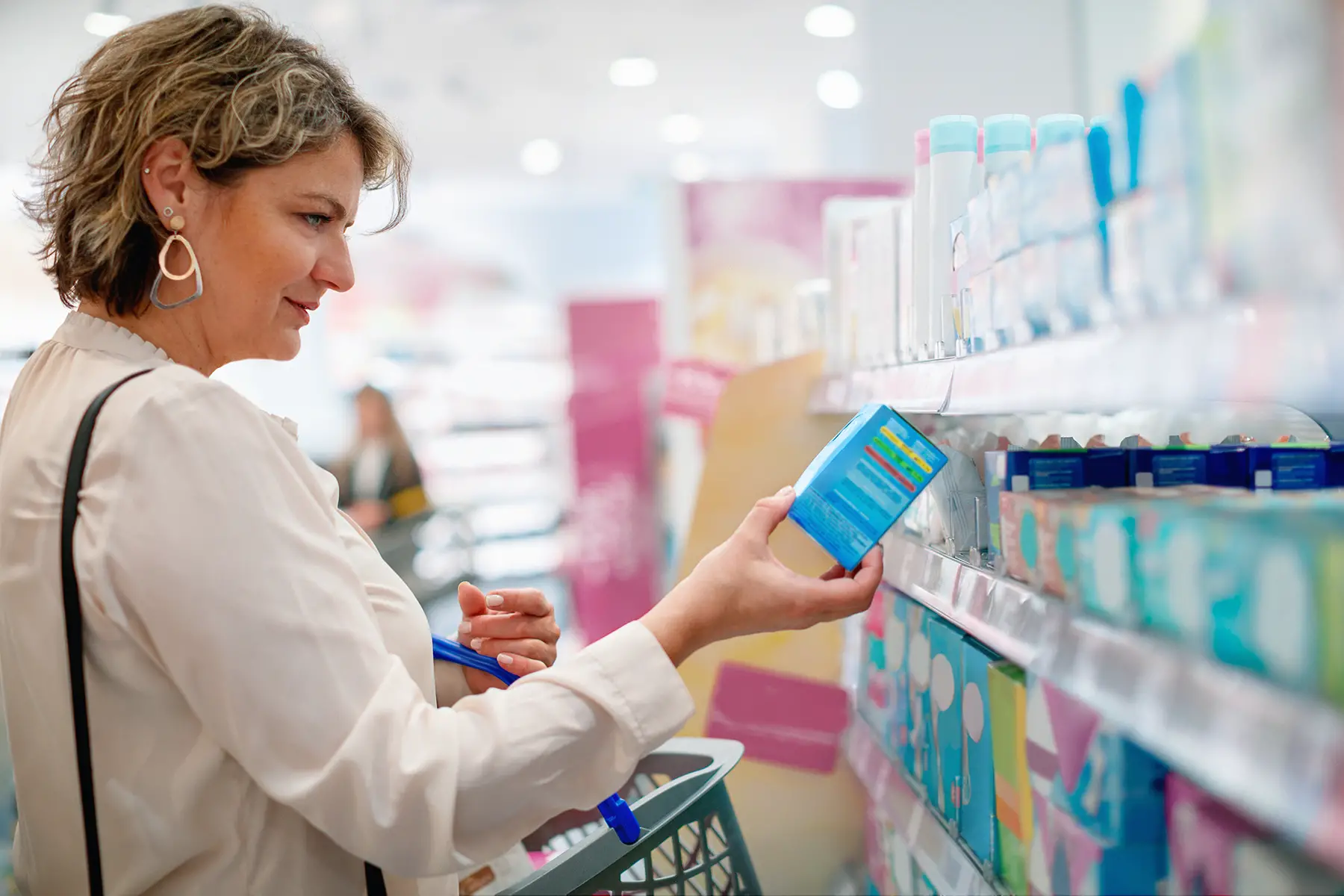
While a range of feminine hygiene products is available in South Africa, a significant part of its female population cannot afford them. This is despite the abolition of the 15% Value Added Tax (VAT) on these products in 2019. Women and girls who cannot buy these products often face disadvantages. For instance, a Stellenbosch University study estimated that 30% of girls in South Africa do not attend school when they’re menstruating because they cannot buy the necessary products.
Women’s clinics and health centers
Although women’s healthcare in South Africa is offered mainly through hospitals and GP clinics, there are other options; numerous private clinics focus solely on women’s health and provide a full range of gynecological services. For example, Marie Stopes, a nationwide women’s clinic group, offers health checkups, abortion services, contraception, STI and HIV screenings, breast exams, and pap smears.
There are also clinics across the country focusing on specific aspects of women’s healthcare, such as the Tshwane Women’s Clinic providing safe, legal abortions.
Women’s mental health services in South Africa
Many organizations and facilities in South Africa focus on the mental aspect of women’s healthcare. Difficulties surrounding pregnancy and childbirth are a particular concern in the country, as a third of women experience mental health issues, specifically anxiety and depression, pre-or-postpartum. The Perinatal Mental Health Project (PMHP), an independent organization at the University of Cape Town, is a non-profit organization (NGO) that offers a wealth of services, including advocacy, education, counseling, and support.
Support services for eating disorders
Eating disorders are another mental health concern in South Africa. As a result, numerous organizations and centers provide information and support.
For example, Eating Disorders South Africa (EDSA) offers resources, including treatment and help with rehabilitation, as well as education and interactive discussion forums. In addition, Recovery Space is an online portal with articles, treatment referrals, and more for those living with eating disorders.
There are also several in-patient treatment and recovery facilities with programs focusing on eating disorders, such as Imami and Montrose Manor.
Services dealing with abuse and violence against women
South Africa has taken positive steps to build services and programs designed to help women experiencing violence and abuse. Although they are not explicitly part of women’s healthcare services, they are widely available and easy to access.
The South African Police Service (SAPS) can be a first port of call for survivors of domestic violence or sexual assault. Officers specially trained by the Family Violence, Child Protection and Sexual Offence (FCS) Unit can help find safe shelter and seek medical treatment or victim counseling. Those seeking help can dial 10111 for the police, or 112, which is the general emergency number when using your mobile.
Below are a few other organizations that offer a range of services to women dealing with violence and abuse:
- People Opposed to Woman Abuse (POWA) – counseling, temporary shelter, and legal help
- Families South Africa – counseling and education for families, help for victims of domestic violence and trauma, and divorce mediation
- Tears Foundation – crisis intervention, advocacy, counseling, and prevention education
- The Trauma Centre – counseling and violence prevention services
- Thuthuzela Care Centres – government-run one-stop anti-rape facilities for reporting and opening cases, trial and prosecution, medical attention, and counseling
- Safer Spaces – legal advice, counseling, and resources
- Rape Crisis – offering resources, help, support, and a 24-hour helpline on 021 447 9762
- Lifeline – a national telephone counseling service and resource center, operates 24 hours, seven days a week on 0861 322 322. You can also contact their Stop Gender Violence Helpline on 0800 150 150
- Childline – offers help, support, and resources to children and teens via their 24-hour helpline on 116
Useful resources
- Marie Stopes Clinics – provides reproductive health and family planning services
- Tshwane Women’s Clinic – offers contraception, abortion, counseling, and education on pregnancy options
- Cancer Association of South Africa – supports those affected by cancer in South Africa
- Perinatal Mental Health Project (PMHP) – provides mental postnatal services to pregnant and postnatal women
- Eating Disorders South Africa (EDSA)– informs about eating disorders and supports those affected
- FCS Unit – specialized police unit for dealing with family violence, child protection, and sexual offenses
